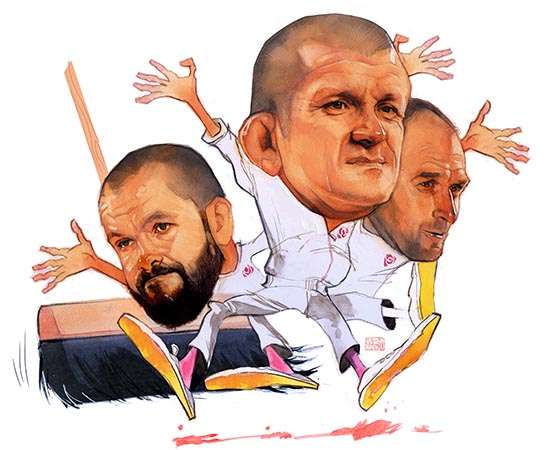
 With the RFU suits in a state of panic having failed to put in place a detailed contingency plan to take England on from the Domesday World Cup scenario that has unfolded, we have a weird halfway house. While the head coach, Stuart Lancaster, has been shown the door, his assistants, Andy Farrell, Graham Rowntree and Mike Catt, are still sat on the sofa watching the TV.
With the RFU suits in a state of panic having failed to put in place a detailed contingency plan to take England on from the Domesday World Cup scenario that has unfolded, we have a weird halfway house. While the head coach, Stuart Lancaster, has been shown the door, his assistants, Andy Farrell, Graham Rowntree and Mike Catt, are still sat on the sofa watching the TV.
It seems to me that if you share a collective responsibility as a coaching team for three to four years when you think things are on track, then when it comes off the rails you also share that same responsibility. Which means that backs coach Farrell, forwards coach Rowntree, and skills coach Catt should by now have followed Lancaster in tendering their resignations.
Having been involved in a lengthy one-to-one off the record briefing with Lancaster after the 2015 Six Nations I do not subscribe to the current vogue that he was pushed by an overbearing Farrell into making decisions against his better judgement.
Instead, I believe that Lancaster and Farrell were a close-knit coaching duo who shared similar views on a whole range of England issues. Those ranged from the pursuit and promotion of Sam Burgess, to the reinstatement of Farrell’s son, Owen, for the crucial games in the World Cup ‘pool of death’ – in which England died.
To Farrell’s credit, he stayed true to that arrangement with a staunch defence of Lancaster soon after the mire hit the fan following the 33-13 hammering by Australia.
It could be argued that rather than there being simmering tensions between the coaches, it is more likely that Lancaster, Farrell and Rowntree simply agreed on so many issues that there was not enough rigorous questioning of some of the assumptions they made.
For instance, while I have never believed that Farrell should have been in an England coaching team while his son was in the squad, due mainly to outside perceptions of a conflict of interests – and have said so more than once in this column – I have no doubt also that Lancaster was one of the Saracens fly-half’s strongest advocates. For that reason I do not believe it required any arm-twisting when he was selected ahead of George Ford against Wales.
 The evidence is there in many instances that while Lancaster, Farrell and Rowntree often talked an expansive, high-tempo game, their selection strategy – highlighted when the World Cup heat was on – was essentially conservative.
The evidence is there in many instances that while Lancaster, Farrell and Rowntree often talked an expansive, high-tempo game, their selection strategy – highlighted when the World Cup heat was on – was essentially conservative.
Whether it was the failure to back Ford, Henry Slade, or Jamie George to deliver in big World Cup games, or to alter the stodgy dynamic of the World Cup squad by injecting in-form young players like Maro Itoje, Matt Kvesic, Henry Thomas or Elliot Daly into the mix, the selection policy generally erred on the side of caution.
It is worth recalling that Ford’s promotion was not based on conviction, and nor was Jonathan Joseph’s. Ford was only picked to start when Farrell was crocked and woefully out of form last autumn, and Joseph got the call only after the experiment with Brad Barritt as Manu Tuilagi‘s replacement at 13 had blunted England’s attack.
Their refusal to invoke the “exceptional circumstances” clause to test Steffon Armitage’s credentials against Chris Robshaw’s was another indicator of that conservative mindset.
What happened with the England pack under Rowntree is more of a mystery. That it went backwards at a rate of knots after the wins over Wales and Italy at the start of the 2015 Six Nations – reaching a low point in the defeat in Dublin before plumbing new depths in the World Cup – is now clear.
The only way to unravel the knot is to look at the evidence on the field. The reality is that Rowntree either did not attend to the basics of scrum, line-out and driving maul as rigorously as was required, or that he could not identify exactly what needed fixing.
To my mind it started to go wrong for Rowntree for a number of reasons. His first error was to sacrifice power for mobility in the front five, in particular by supplanting Dave Attwood with Geoff Parling, especially as the latter had an injury-hit season and was struggling for form. Courtney Lawes and Parling were a lightweight pairing who duplicated each others strengths and left the England engine room short of revs.
There were other areas where Rowntree backed his favourites despite evidence that they were not firing. Dan Cole came straight back at tight-head over David Wilson and Henry Thomas despite clear signs that he was far from dominant under the new non-hit scrum engagement. Tom Youngs was championed despite his inability to hook, and erratic throwing.
Robshaw’s shortcomings as a ball-winning No.7 were airbrushed over with tackle-count stats, and Rowntree – who had played most of his career with Neil Back – for some reason bought into the erronious mantra that the breakdown was a collective effort and that openside specialists belonged to another era.
The upshot was that the England pack under Rowntree fell between two stools. It was not powerful enough to be a dominant scrummaging force, and the lack of physical clout and technique was laid bare by scrum problems which reached a World Cup nadir against Australia, and a driving maul that constantly stalled throughout the forward coach’s tenure. However, neither was the Red Rose pack fast enough, or aggressive enough – bar the Tuilagi-inspired red letter day against New Zealand in 2012 – to dominate in the loose.
The talk about this England World Cup squad being the fittest ever to wear the white shirt was a joke, especially among the forwards. The flattest perhaps, with too many of the front row and back row men looking over-weight by comparison with their well-honed Southern Hemisphere counterparts.
The supine display by the England pack in the warm-up match against France in Paris was a harbinger of what was to come. The abiding picture for me from the Wales defeat as Lloyd Williams ripped down the left wing ahead of the decisive Gareth Davies try was of a number of the England forwards so shot as they covered across that they appeared to be treading in treacle.
Twelve years on from 2003 and England, whether in terms of fitness or coaching expertise, have gone backwards. Although it would be wrong to put that decline entirely at the door of Lancaster’s assistant coaches, they cannot duck some responsibility for it. They have had their chance, but it didn’t work out – and resignation is the only honourable course.

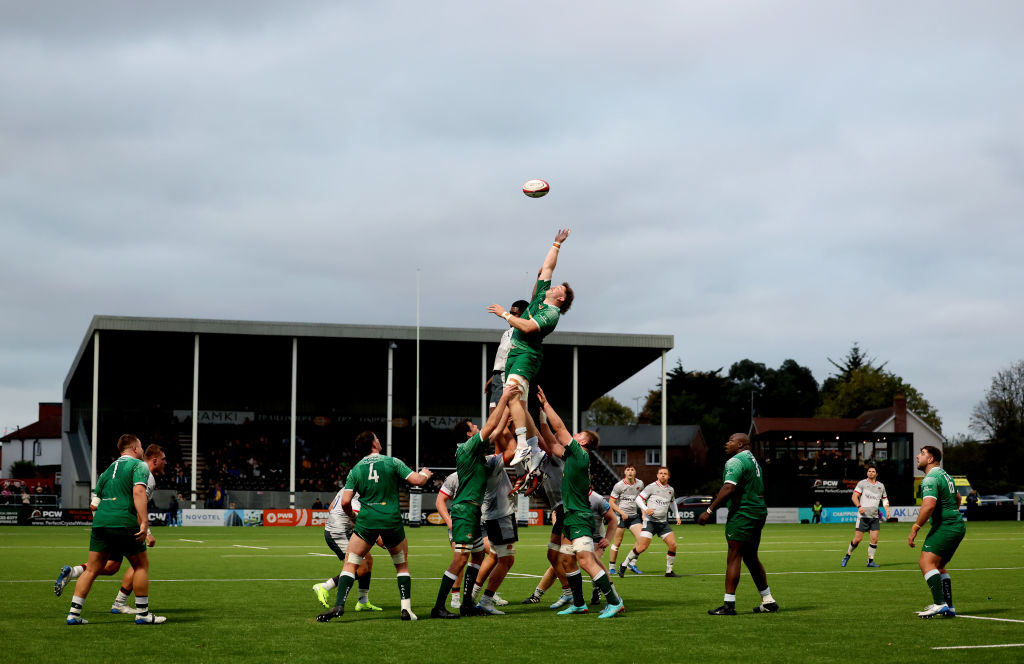
English Championship
What the new Championship format could mean for English rugby


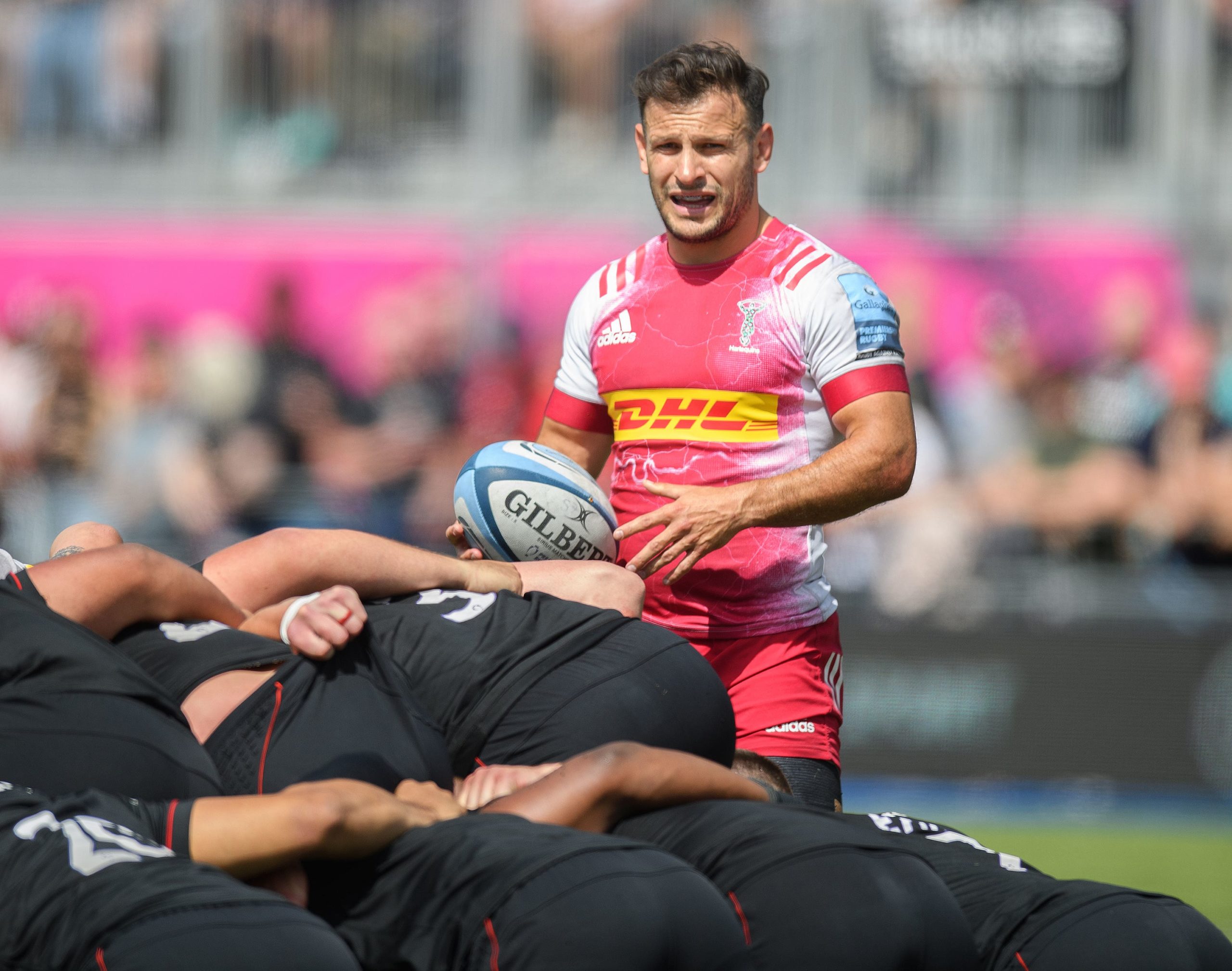















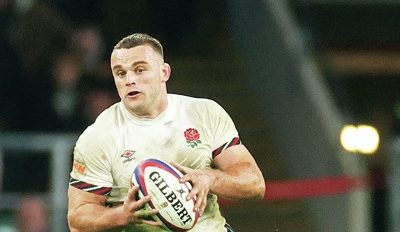



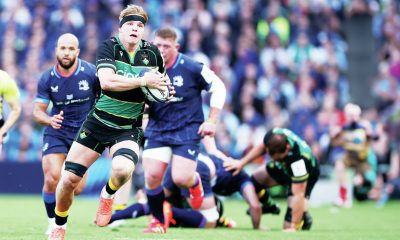

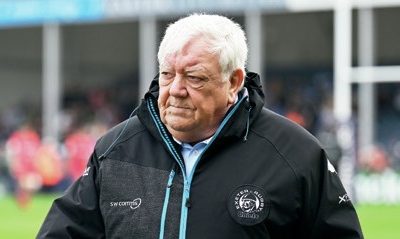


You must be logged in to post a comment Login